“Tele Mike” Russell has helped Black skiers climb mountains all over the world. Through storytelling, advocacy and a yearly party at the National Brotherhood of Skiers’ annual Summit, he’s showing his community that skiing isn’t just a white sport.
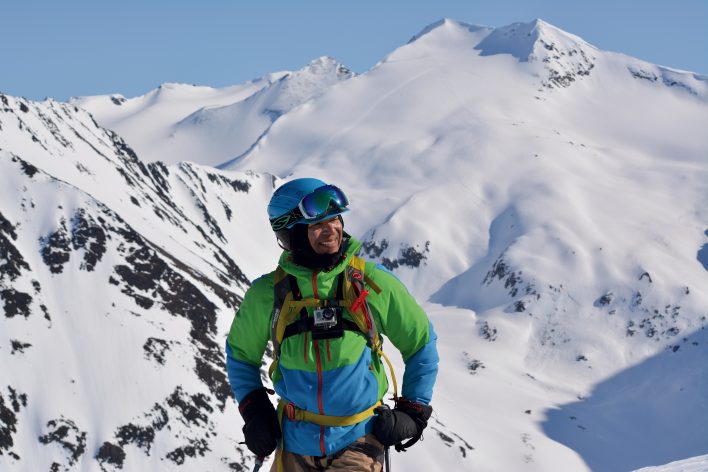
On his way to skiing on all seven continents, Mike Russell spreads some joy in Alaska’s Chugach Range. Ahmaad Brunson
Mike Russell wasn’t always “Tele Mike.” After growing up the son of farmers in Delaware, Russell became a corporate worker climbing the ladder. Then he moved to Colorado and followed a lifelong goal to ski. Since then, he has taken an active role in the National Brotherhood of Skiers, a nonprofit with clubs around the U.S. working to increase Black participation in snow sports, from never-evers to potential Olympians. In 2023, the organization celebrated 50 years with its annual Summit, which was held in Vail, Colorado. Russell helps members of the Brotherhood find the skintrack, an endeavor that has taken him all over the world. Five decades in, the club has led expeditions to nearly every continent, most recently to Morocco’s Atlas Mountains. They just have Antarctica and Australia/New Zealand left, but even more important to Russell than that tick list is seeing Black joy in the mountains. —Tom Hallberg
As told by Mike Russell
My first sense of skiing was watching the Wide World of Sports. You know, I’m in the farmlands. That’s not something that’s accessible to me, but I’m going to watch it. I was always like, “I want to do that. I don’t know how I’m going to do that, but I someday I’m going to go ski.” So, life goes on. I go to college. I end up in Phoenix. My friends at the time were like, “Hey, let’s go skiing.” And I said the quintessential thing: “Black people don’t ski.”
We put on our skis, we jump on the lift, and we don’t know how to ski. I don’t know anything, and I got off the lift and fell. I’m going down a blue just missing people. I was that a-hole who should have taken a lesson, you know, but I jumped right into it. I got to the bottom. I didn’t have on the best ski clothes. I’m wet from falling all the time, but I was like, I love this.
That’s really where taking people into the backcountry came from. It was our desire to introduce people to this discipline and give them a pathway. Karl Terrell and I got such relief, such mental health care and physical, from just being out in the mountains. You don’t even have to go anywhere, but just being in that space gives you a sense of peace because I feel like you might have problems, but the mountains are so much bigger than your problems.
That’s where Carl and I said, all right, let’s start bringing people out here. And we would watch them change. We bring people from Detroit; we bring people from New York City. Those are high-vibration areas, a lot of chaos is going on, and we just watch people’s personalities mellow out. We wanted to show people this free health care that you can get by being in the backcountry.
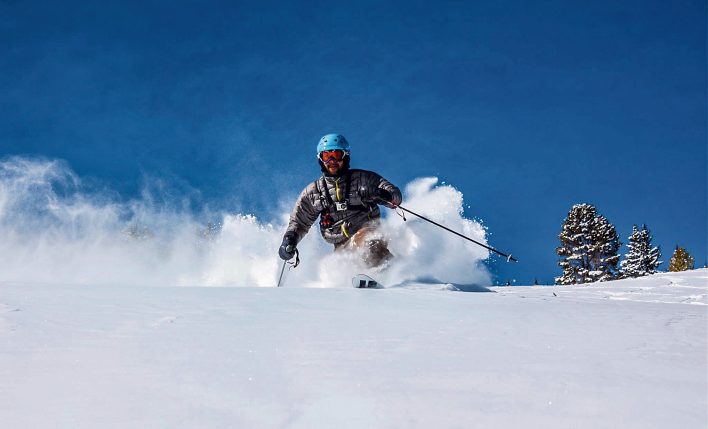
After climbing the corporate ladder, Russell decided to step back, drop the knee and pursue one of his lifelong goals: learning to ski. Now a master of the tele turn, he enjoys powder in and out of bounds. Fanon Wilkins
A couple of years ago we were like, wait a minute, we’re coming up on the fact that we’ve been big mountain backcountry skiing on a lot of these continents. We were like, we have Africa, New Zealand/Australia and Antarctica left. Man, let’s go get those. So, this past March, we went to the Atlas Mountains in Morocco and skied with Chris Erickson; he was our guide. And we wanted to document this. We’re working with Sorcery Cinema, and we want to tell this story of big mountain or backcountry skiing on every continent.
Yes, we’re skiers and snowboarders first. And we just happen to be all African American. So, we want to tell this story, you know, and say, all right, this is another form of Black excellence. This is another way to live.
Maybe you don’t want to go do backcountry, but whatever it is—you want to go open a business, you want to go to college, you want to travel the world—we’re trying to be that example of it. You know, let’s not just stay in our lane culturally. Let’s look outside of our culturally fixed, imaginary boundaries. We call it Black joy, whatever it is. So for our group, Black joy is skiing. All of us, regardless of culture, we’re dealing with some demon or some problem in our life. Let’s find that space of Black joy.
Now you go to the ski resort, you go to the Summit and there’s all these other Black people. Now you are finding Black joy within your community. Because there’s definitely a lot of people in the Black community that say, “Ah, that’s a white sport.”
It doesn’t matter if you’re on the bunny slope or doing black diamonds or going through the gates. Let’s celebrate this together and have Black joy in the moment and just leave all our problems kind of where they are.
There’s a sense of pride because, yes, it does take money to ski in Vail. It takes even a lot more money for the next Summit, which is in Big Sky. But we’re going to bring the party. We’re going to bring the Black joy. We’re going to bring the skis. We’re going to bring the outfits, man.
To learn more about “Tele Mike,” check out Season 14: Episode 2 of the Backcountry Magazine Podcast, where Mike was further interviewed.
This article was originally published in No. 157, The Historic Issue. To read the full story, grab a copy, or subscribe to read our stories when they’re first published.



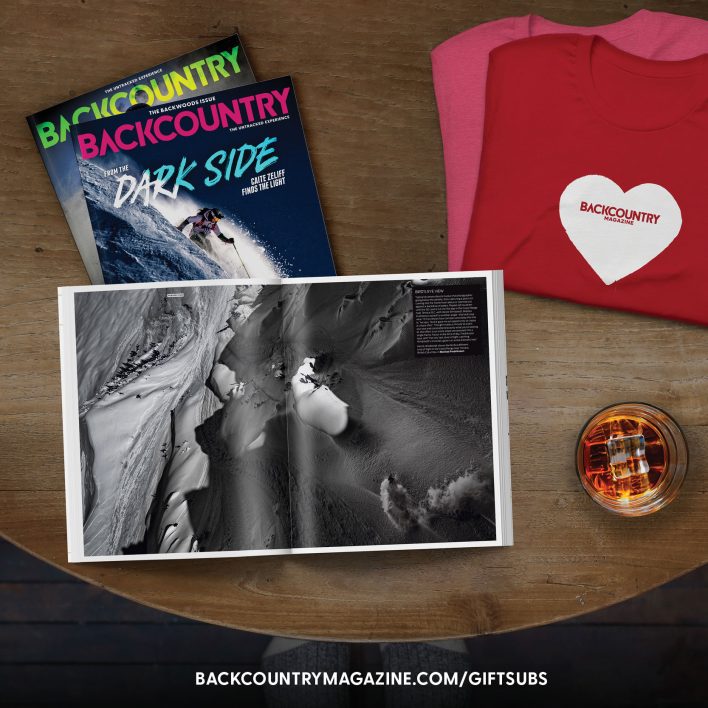




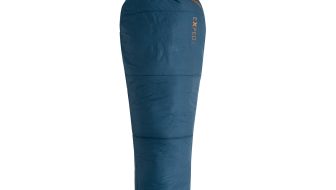
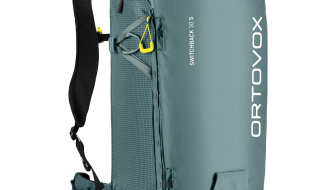

Related posts: